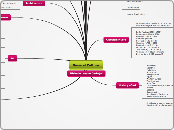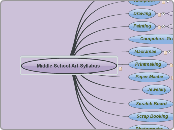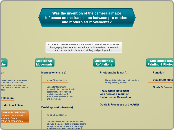af Michelle Lozano Carbajal 13 år siden
428
General Culture
The document touches on several important aspects of general culture, spanning different forms of artistic expression and historical periods. Painting is highlighted as a practice involving the application of various mediums to surfaces.









